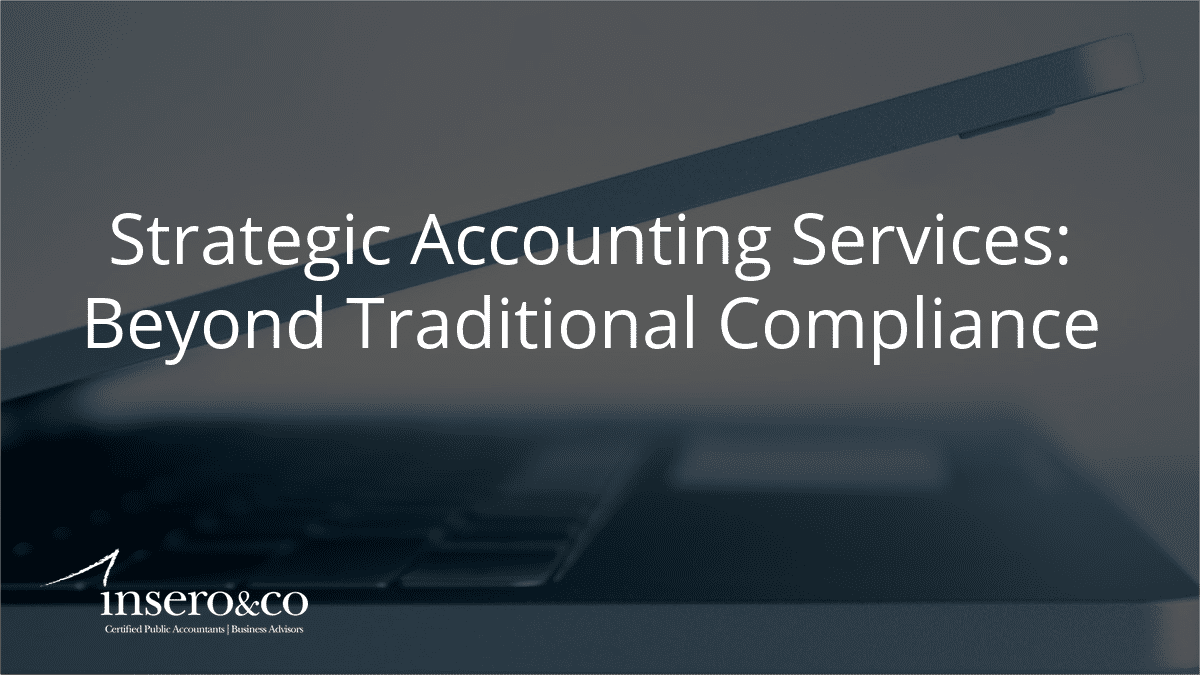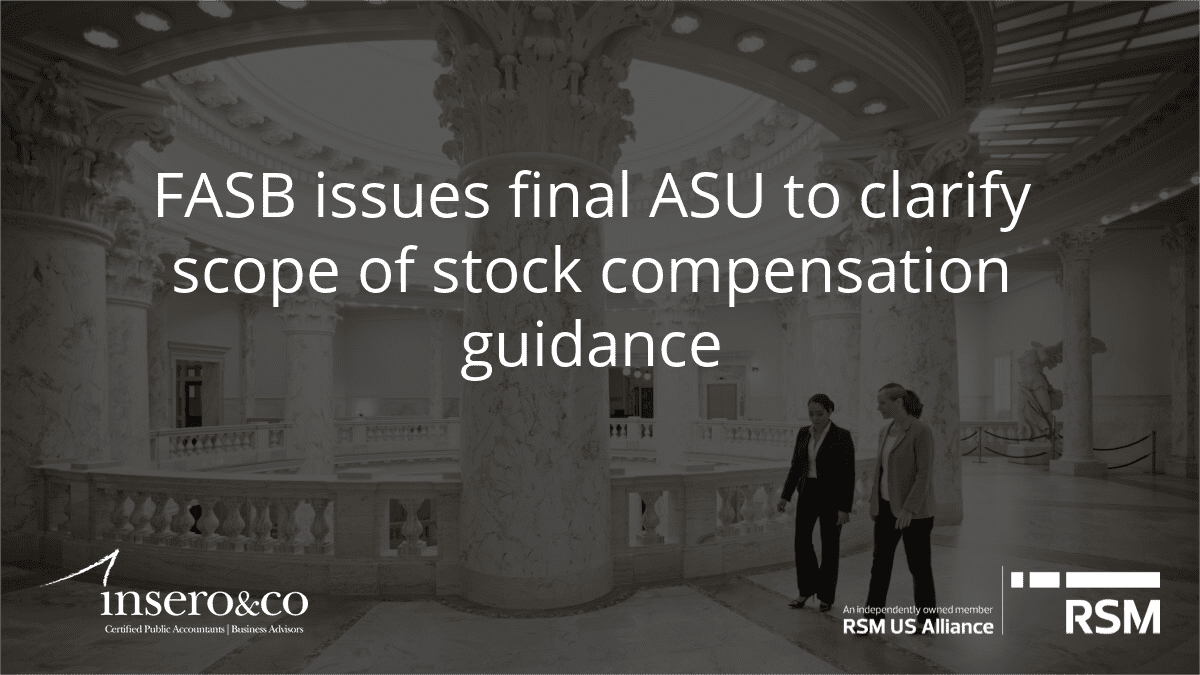This issue’s topics include:
Will a merger or acquisition upend your 401(k) plan?
Beware of ERISA entanglements and higher costs
Companies contemplating buying another company, or a division of one, must assess and plan for the impact on their 401(k) plan, and that of the company they’re acquiring, before pulling the trigger. The same applies for companies on the receiving end of an acquisition (though they might not be able to do as much if they’re the acquisition target). This article reviews the important decisions that companies must make regarding 401(k) plans when part of a merger or acquisition. A short sidebar reviews two ways to merge 401(k) plans.
IRS liberalizes availability of self-correction program for plan “failures”
A recent IRS Revenue Procedure allows plan sponsors to jump through fewer hoops to fix several so-called “plan failures” relating to plan loans. Specifically, plan sponsors can now fix more categories of loan glitches using the streamlined Self-Correction Program (SCP) under the IRS’s umbrella Employee Plans Compliance Resolution System, instead of the more burdensome Voluntary Correction Program (VCP). This article highlights what plan sponsors need to know about the changes.
Warn participants of the risks of front-loaded deferrals
Some 401(k) plan participants have been known to shoot themselves in the foot when taking aim at higher investment returns. Some of these individuals may not be open to advice, but plan sponsors can still provide information about the dangers of firing blindly and expecting to hit a target. This article looks at a case in point: front-loading deferrals in hopes of boosting returns over the course of the year.
New exempt status income threshold could impact 401(k) plan costs
The 401(k) plan employer contribution formula for hourly employees that includes overtime pay may increase plan costs next year — along with overtime pay outlays. That’s because in late September the U.S. Department of Labor published a revised rule (effective January 1) increasing the income threshold for overtime pay eligibility. This short article reviews the rule and what it means for plan sponsors.
Compliance alert
This feature lists a few key tax reporting deadlines for October and November.
As always, we hope you enjoy this edition of our newsletter and we look forward to receiving your feedback. Should you have any questions regarding the information contained in the attached materials or our Employee Benefit Plan Services, please feel free to contact me directly.
Want to learn more?
Join our Employee Benefit Plan Resources group on LinkedIn for more frequent updates on recent developments and best practices and discuss related topics with your peers.





